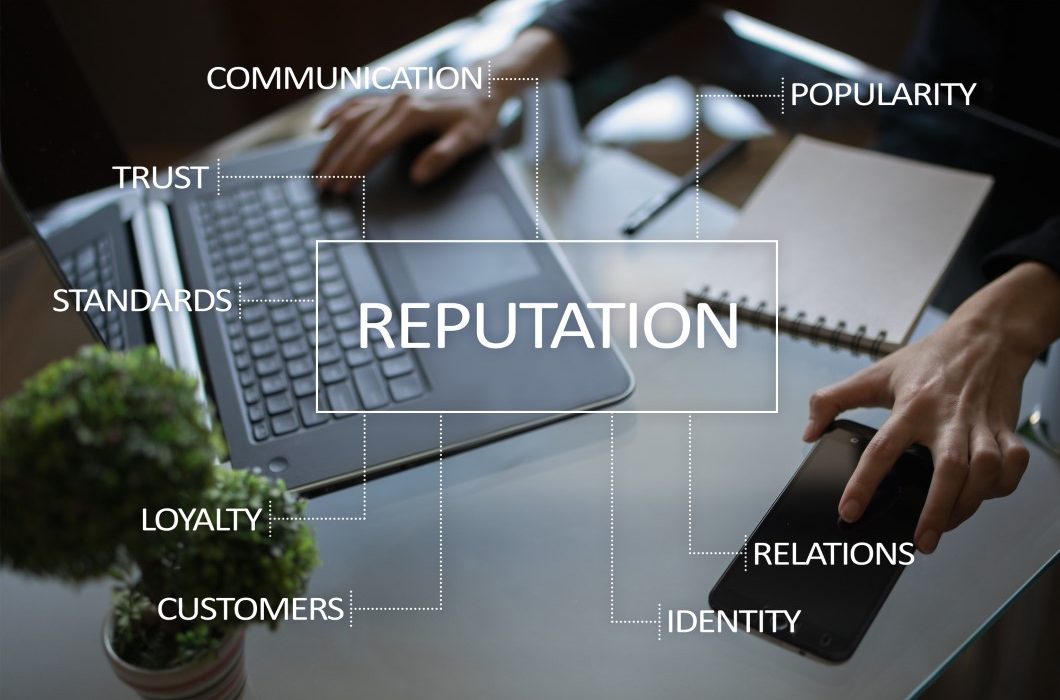
You might also like:
The influence of new technologies is already visible in the tourism sector. Most users turn to online alternatives when booking their trips. This means browsing platforms such as TripAdvisor, social media, or websites of their travel destination to study reviews or comments made by consumers who have already visited that place: be it a restaurant, an inn, a store, or a hotel.
Now we easily and comfortably can access a huge list of reviews to get to an idea of what a certain place is like, which can play a deciding factor at the time of buying something, making a reservation, or hiring a service. In addition, with the boom of the digital world, borders have been opened and everything is moving beyond the local sphere. Tourism no longer relies only on recommendations and word-of-mouth among friends and family, but much more.
For years, TripAvisor has become the web par excellence to browse reviews left by other users about the travel destinations. It’s a platform that lists more than 6 million properties showcasing its businesses to the world. According to the website, 4 out of 5 consumers look at the opinions of others. Besides, 80% of the clients check 6 to 12 reviews before booking a hotel, with 90% considering the comments to be reliable. Additionally, more than 200 contributions are submitted to the well-known website every minute.
Specifically, the tourism sector is vulnerable to all the negative reviews left by previous travelers. Anyone can write a comment on your website, forum, or social media, and this can be crucial for the reputation and perception of your business since users are getting information of your establishment through all kinds of channels. A bad comment can end in the loss of a reservation, or the purchase of a service or product.
Tourism Review provides the keys to learn the online reputation management and perception of your tourism business:
Honesty above all
Do not create expectations for future customers that do not match your reality. It could lead to negative reviews that might end up hurting your business.
The devil is in the details
During your guest’s stay, try to personalize your offer by making a difference in comparison to the competition. Keep this in mind before, during, and after the arrival of the client to the place. Check on your client regularly so that they can end up generating good feedback for the business, which in turn will lead to positive reviews.
Motivating the team
Make sure your team knows the values, strengths and brand philosophy of your business so they can properly communicate them to your customers. If everything goes well, the result will be good reviews.
Always be on
Actively participate in social media, your blog, or website to be present in the minds of your consumers. Publicizing your travel and hospitality services in foreign languages would be a great plus. It’s especially beneficial when you target some specific source markets. Also, be proactive and encourage your clients to publish content. Always respond to all comments and keep in mind that these will look better if the messages are personalized.
Listen to the customer
As it’s often said, “we learn from our mistakes”. If your business receives a bad review, you can learn from it and improve over time. A bad comment could potentially lead to a glowing review. And never remove or delete these negative comments, but be calm and answer them with a cool head.
Source: tourism-review.com
